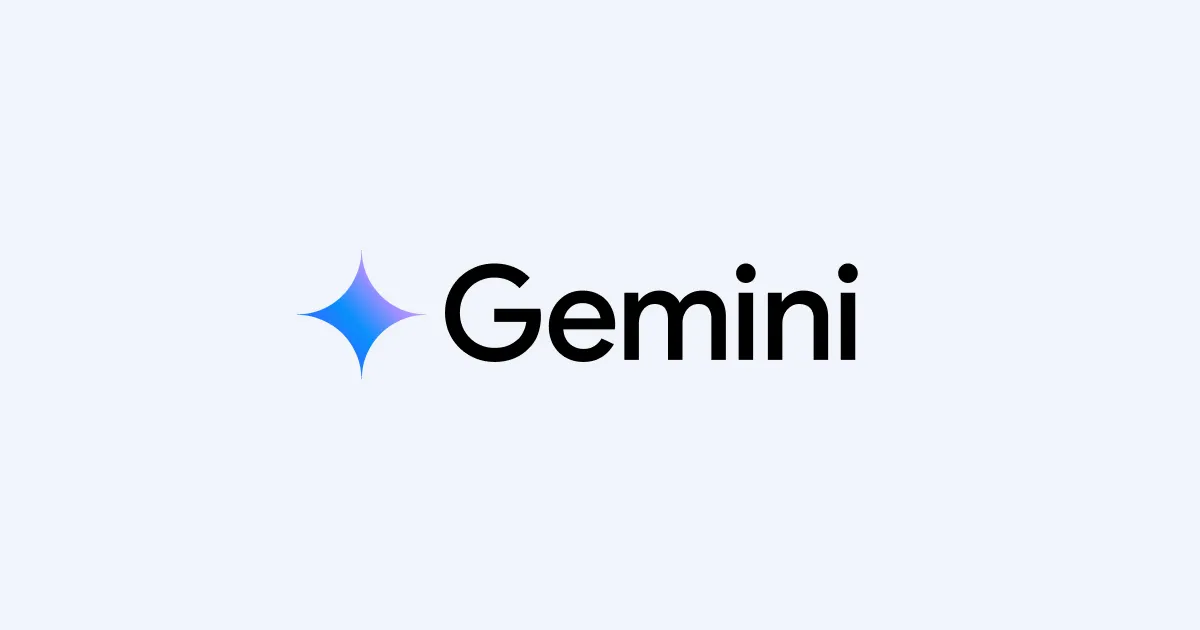
A recent Google email regarding Gemini privacy has sparked considerable discussion in the tech community. The concern arose from a change in the access permissions for the chatbot, particularly when users have their history disabled. However, the implications of this update are not as alarming as they might initially seem.
The heart of the email that ignited this debate states that Gemini will soon be capable of assisting users with Phone, Messages, WhatsApp, and Utilities on their devices, regardless of whether the Gemini Apps Activity is activated or not. This change is set to roll out automatically starting July 7.
At first glance, this update sounds troubling—does it mean Gemini has unrestricted access to our messages, regardless of our preferences? The reality is less concerning than it appears. Prior to this update, users had to enable the Gemini Apps Activity Setting in order to take full advantage of these features. This meant that to allow Gemini to perform actions like making phone calls or sending texts, users had to consent to saving their conversations on Google’s servers.
It's worth noting that even with the Apps Activity setting turned off, Google still retains chat data for a period of 72 hours. This policy has been in place since the time when Gemini was referred to as Bard. Consequently, user interactions could potentially be utilized to enhance Google's AI models.
With the recent update, however, privacy appears to be improved. Users can now opt to keep the chatbot's history disabled while still utilizing essential features. Importantly, users are not required to engage with these extensions if they prefer not to. If they choose to use them, Google assures that their data will not be used for training purposes nor stored beyond three days, provided the Apps Activity is turned off.
This update seems to indicate that Google is positioning Gemini to eventually replace Google Assistant on Android devices, a transition expected to occur later this year. These functionalities are characteristic of what a default mobile assistant should manage. Notably, Gemini is already functioning as the primary assistant on Pixel smartphones.
In a statement provided to Engadget, Google clarified the situation: “This update is good for users: they can now use Gemini to complete daily tasks on their mobile devices like sending messages, initiating phone calls, and setting timers while Gemini Apps Activity is turned off. With Gemini Apps Activity turned off, their Gemini chats are not being reviewed or used to improve our AI models. As always, users can turn off Gemini’s connection to apps at any time by visiting https://gemini.google.com/apps.
In conclusion, the uproar surrounding this update appears to be more of a tempest in a teacup, especially during a quiet period in the tech news cycle. Nevertheless, it's essential to remain vigilant about AI privacy issues. Users should always be cautious when using digital services that involve personal data. While some media outlets may have prematurely labeled this update as a crisis, it's better to err on the side of caution than to dismiss privacy concerns entirely.